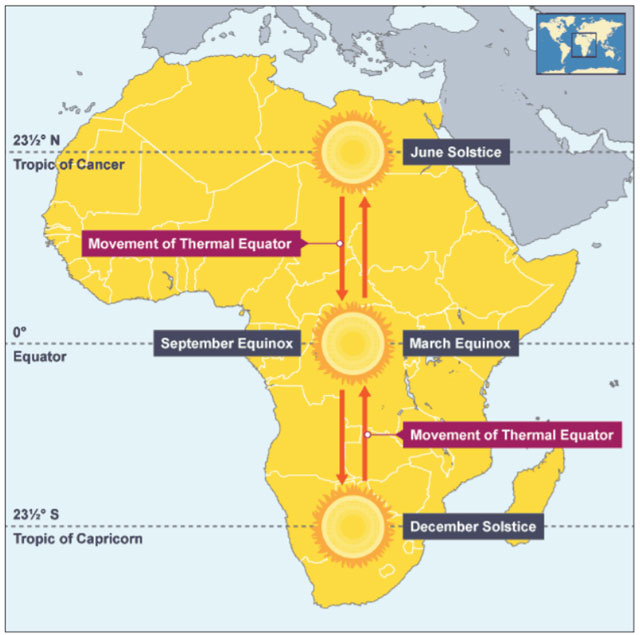
USAID’s warning system shows why you should prepare for more bad news this year
On Jan. 17, the weather was extremely hot in Kampala. Godfrey Mujuni, the manager of the Data Centre at the Uganda National Meteorological Authority, says thermometer readings indicated it was 34.0ᵒC which is about six degrees higher than the normal average of 28ᵒC.
Yet Kampala was not the hottest place in Uganda that day, according to Mujuni. That honour belonged to the West Nile district of Nebbi which was 39.2ᵒC hot.
In the northern town of Gulu, Francisca Atto, the District Environment Officer told The Independent on Jan.27 that even though she might not know what the actual thermometer reading was, “Gulu has been unusually hot this January”.
In the central Uganda district of Nakasongola, James Bond Kunobere, the district’s Senior Environment Officer also told The Independent that although it is always dry around this time of the year, the weather seems to have moved fast into the ‘extremes.’
Even Augustine Kooli, the Kasese District Senior Environment Officer who told The Independent on Jan. 28 that people in Kasese are quite used to January being hot and dry, said there has been unbearable heat at night. Many residents of this Rift valley town in western Uganda have had to sleep naked throughout the month, he said.
Such temperatures are what Ugandans have been talking about how “Uganda is becoming hotter because of climate change”.
But Mujuni, the meteorological data centre boss says high temperatures in the month of January and to some extent February are nothing unusual.
“It is not surprising that the temperatures are a bit high because that is expected. It would actually be surprising if they were relatively low,” he said.
He was looking at the latest weather statistics on his desktop computer screen in his office on the 10th floor of Postel Building in Kampala in the afternoon of Jan. 27.
Short memories
So why are Ugandans complaining?
“Ugandans are complaining because they probably have a short memory and have forgotten their history.” For instance, Mujuni says, a similar situation of hot weather occurred in 2012 and people complained.
This time last year (January, 2016), Mujuni says, Uganda was in an El Nino year where the entire East African region experienced rains in months that are not typically associated with rains (January and February).
The rains crossed from November/December [2015] into January/February. As a result, these months were not as hot because the sporadic rains provided a cooling effect.
Mujuni could not offer The Independent any ready answers as to why there were extreme temperatures around Jan.17 but he said this is going to be a possible area for research to check what kind of climatic systems were at play on that day. He said at the end of each month, the meteorologists analyze the weather of the month in relation to past years.
“When analyzing temperatures, meteorologists normally look back at past records to make conclusion of whether temperatures are rising or not,” he said.
Mujuni said although Ugandans feel temperatures are hotter than before, in reality, they have not moved far away from what is expected to be normal temperatures.
 The Independent Uganda: You get the Truth we Pay the Price
The Independent Uganda: You get the Truth we Pay the Price


